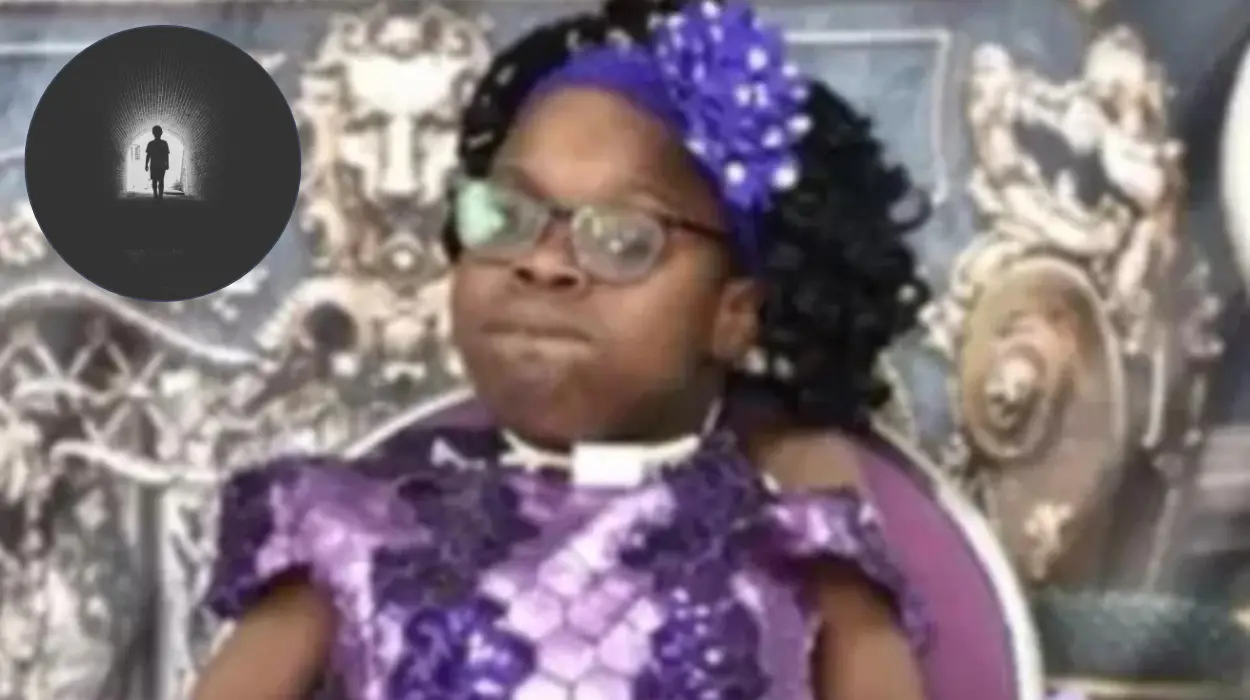Key Points:
- A coroner found neglect contributed to the death of Raihana Awolaja, 12, at a care home.
- She was left unsupervised despite needing 24-hour one-to-one care.
- Raihana suffered cardiac arrest on May 29, 2023, and died three days later in hospital.
- Her mother had raised repeated concerns over the lack of proper care.
- The Children’s Trust, which ran the care home, admitted failings and issued a public apology.
- Senior coroner Professor Fiona Wilcox criticised the home’s internal investigation as “flawed.”
- Croydon Council also apologised and promised continued oversight and improvements.
- The Children’s Trust has made several policy and staffing changes following the incident.
- The official cause of death was recorded as natural causes contributed to by neglect.
Neglect contributed to the death of a 12-year-old girl who was left unsupervised at a care home, a coroner has ruled, raising significant concerns over systemic failures and the handling of vulnerable children in residential care.
What happened to Raihana Awolaja?
As reported by Josh Bolton, court and crime reporter for the Romford Recorder, Raihana Awolaja, a 12-year-old girl with complex health needs, died after suffering a cardiac arrest while unsupervised at a care facility in Tadworth, run by The Children’s Trust. She passed away in St George’s Hospital, Tooting, on June 1, 2023, three days after the incident.
Born prematurely in Romford in 2011 at just 27 weeks, Raihana was under the care of Croydon Council and had been placed at the home for specialised 24-hour support.
Why was Raihana left unsupervised?
According to court findings cited by Josh Bolton of the Romford Recorder, on the evening of May 29, 2023, a nurse left Raihana unattended to complete administrative work. While she asked another nurse to cover, that individual had already finished her shift and redirected the request to a colleague. Ultimately, Raihana was left alone.
When the nurse returned 15 minutes later, she found Raihana in cardiac arrest. Efforts were made to revive her, and she was taken to hospital where she later died.
What did the coroner conclude?
Senior coroner Professor Fiona Wilcox concluded that “on the balance of probabilities” Raihana would not have died if she had been properly observed. The official cause of death was listed as natural causes contributed to by neglect.
In her damning assessment, Prof Wilcox stated there “may be a culture of cover up” at The Children’s Trust, referencing the flawed internal investigation that followed Raihana’s death.
“They carried out a flawed investigation after this incident, pushing blame onto an innocent individual and thereby avoiding highlighting systemic failures and learning and thus risking lessons that should be learned are lost that could prevent future deaths,” she said, as quoted by Josh Bolton in the Romford Recorder.
What concerns had Raihana’s mother raised?
Raihana’s mother, Latifat Kehinde Solomon, had consistently raised serious concerns about the adequacy of care provided to her daughter, particularly around the lack of 24/7 one-to-one supervision that doctors had recommended.
These concerns were, according to Prof Wilcox, not acted upon with the seriousness they warranted.
What has The Children’s Trust said?
Following the inquest, Mike Thiedke, chief executive of The Children’s Trust, issued a formal apology. As quoted in the Romford Recorder, he admitted Raihana “was not being observed to the standard that the organisation would expect” on the night of the incident.
“We unreservedly apologise to Raihana’s family for these failings,” said Thiedke.
“Raihana’s mother raised serious concerns about her daughter’s care which were not acted upon or managed properly, and for that we are truly sorry.”
He added that Raihana’s loss had “a profound effect” on how the organisation now delivers care, outlining a number of internal changes including:
- A comprehensive review of care procedures.
- Substantial staff training improvements.
- New systems to better listen to families’ concerns.
- Increased frontline staffing.
- Tighter monitoring of observations for children.
What did Croydon Council say?
A Croydon Council spokesperson also extended condolences to the family and acknowledged the failings, stating:
“Our first thoughts are with Raihana’s family, and we want to express our deepest condolences for their devastating loss.”
The council maintained that Raihana was placed at the trust for round-the-clock care, and that efforts were made to include her mother in reviews and address her concerns. However, it admitted that “the care [the trust] provided fell below our expectations.”
The council said it had conducted internal reviews and would continue working with The Children’s Trust to ensure lessons were learned and care standards improved.
What broader issues does this case highlight?
The case of Raihana Awolaja underscores deep-rooted issues in children’s residential care, especially for children with complex health needs.
According to North East London’s Child Death Overview Panel (CDOP) data for 2023–24, 111 child death notifications were recorded, and neglect is a recognised contributory factor in some cases. Hackney, for example, has one of the highest infant mortality rates in London—5.2 per 1,000 live births—linked to poverty and deprivation.
National reviews have also raised concerns about inadequate staffing and poor supervision in children’s homes. A 2022 report recorded 126,488 deaths of care home residents in England and Wales, though specific child care home death data is limited.



